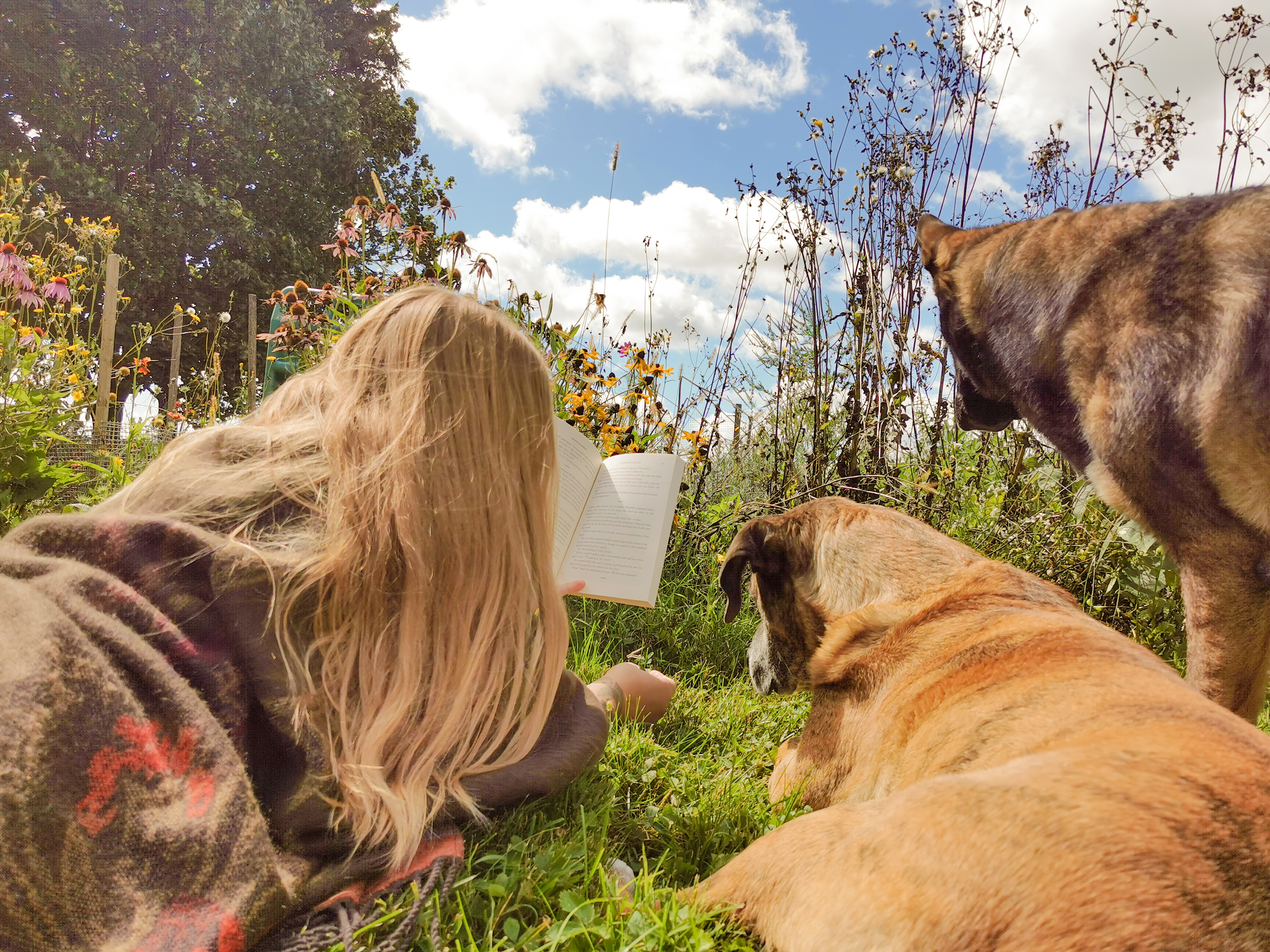
If you’ve found yourself Googling “how to survive this economy without selling a kidney”, then welcome, you’re in the right place. Extreme frugal living isn’t just a trend; it’s a survival tactic now and a way to keep money in the bank. These aren’t just for those who have acreage and livestock; they’re practical, money-saving habits that anyone can learn (yes, even in an apartment).
If you’re ready to trade overpriced inconvenience for self-sufficiency (and some bragging rights along the way), then you’ve come to the right blog. Here are some homesteading skills for extreme frugal living that will save you money, make you resourceful and make your neighbours consider whether you’re prepping for an apocalypse.
Crows Crossing is a participant in the Amazon Services LLC Associates Program, an affiliate advertising program designed to provide a means for sites to earn advertising fees by advertising and linking to amazon.com.
1. Bread Making (because 6$ a loaf is a crime)
Why buy bread when you can make it yourself for a fraction of the cost? Bread making is one of those essential homesteading skills that takes your frugal living from “I coupon” to “I make my own carbs”. Not only can you save by making your bread, but you can also make some for your friends and family as gifts.
2. Gardening
This isn’t just for those who have land; you can also garden if you have the right indoor or patio setup. If you are an urban resident, I have a blog post just for you: Sustainable Living in the City: Urban Homesteading Made Easy. Growing your food is the holy grail of extreme frugal living because seeds are cheap, and zucchinis breed like rabbits. Start small with herbs – here’s a blog post for you all who want to start a window herb garden and work up to other vegetables: The Ultimate Guide to Growing a Thriving Window Herb Garden Indoors. Soon you’ll be Instagramming your harvest like a proud plant parent.
3. Canning
Stock up on mason jars and channel your inner pioneer. Canning takes today’s garden haul and turns it into tomorrow’s pantry stock. It’s one of those homesteading skills that saves you money but also makes you feel like you could survive an apocalypse… or at least a long winter.

4. DIY Cleaning Products
Why buy store-bought cleaner with chemicals when you could make your own natural cleaner that’s friendlier on the planet and your wallet? Here’s a great recipe from another homesteader: How to Make Homemade Lemon Vinegar Cleaning Spray: Natural, Non-Toxic & Effective!
5. Sewing and Mending
That hole in your sweater you’re thinking of throwing out? Fix it. Those jeans your kid ripped while playing at school? Patch them. Homesteading skills like sewing save you from spending more money on new clothes.
6. Foraging for Wild Edibles
Foraging is such a great way to get outdoors and get your own food for no cost. I’d suggest you do your research and see what wild forageables are safe to eat in your area. You could also join a local foraging group to see places you can harvest from; some people might even share their own properties for you to use (make sure there isn’t any spray being used). You can also find a local guide and go on a foraging walk; the best way to learn is from experts.
Here’s a great book on what people consider “weeds” that are in abundance and are safe to eat: The Wild Wisdom of Weeds by Katrina Blair

7. Bartering
Bartering is the long-forgotten currency that we should still be actively using. Do you have some eggs? Great, I have some zucchini I could trade. I have some honey you need for your recipe? You might have a couple of fresh loaves of bread you can trade for it. This is such a great way to build community and relationships with your neighbours, and it’s not nearly utilized as much as it should be. In the world of extreme frugal living, bartering is just one of the ways you can save big.
8. Making Herbal Remedies and Tea
Herbs are easy to grow and give in abundance. You can use your harvest in teas, salves and tintures. Doing this is great for minor ailments and will save you money on boxed tea from the store or needing to buy some skincare products you can make yourself. Here’s the kettle I use for my harvested herbs.
9. Dehydrating
Dehydrating is such a great way to preserve food if you don’t want to can. You can dehydrate vegetables, fruits and herbs that you don’t want to freeze (since a freezer is unreliable unless you have a generator). Homemade apple chips? Yes please.

10. Making Homemade Wine, Cider, or Beer
If you’re feeling hardcore, forget overpriced store-bought drinks. Fermenting at home saves money and makes you very popular when doing bartering swaps. (It’s also satisfying when friends and family come over to try what you’ve made). Make sure to do your research. Here’s a book to get you started!
Extreme frugal living doesn’t have to be stressful. Every homesteading skill you learn is one more way you become self-sustainable.
Start small and learn as you go. Let me know what homesteading skill you’ve decided to learn!







